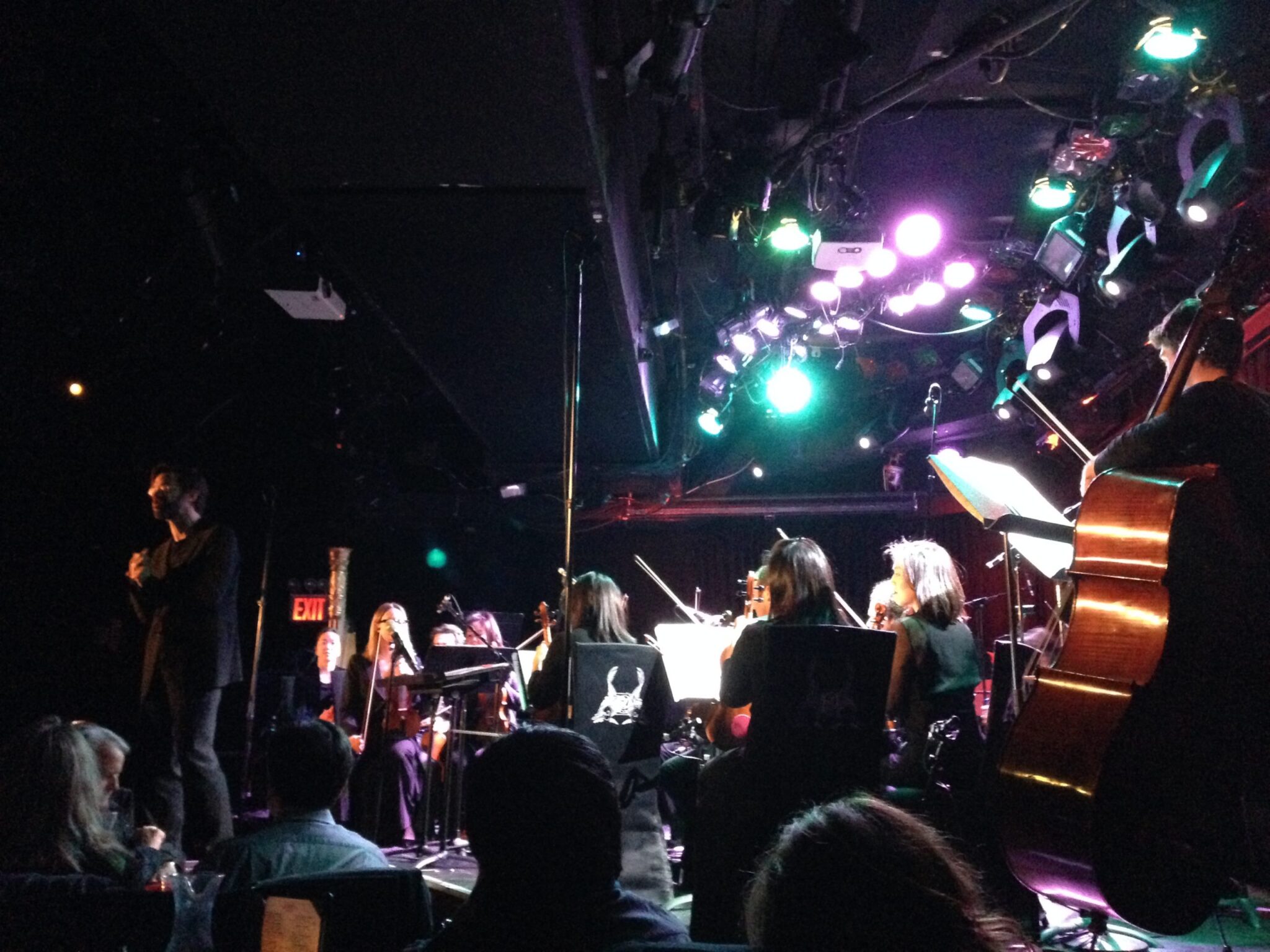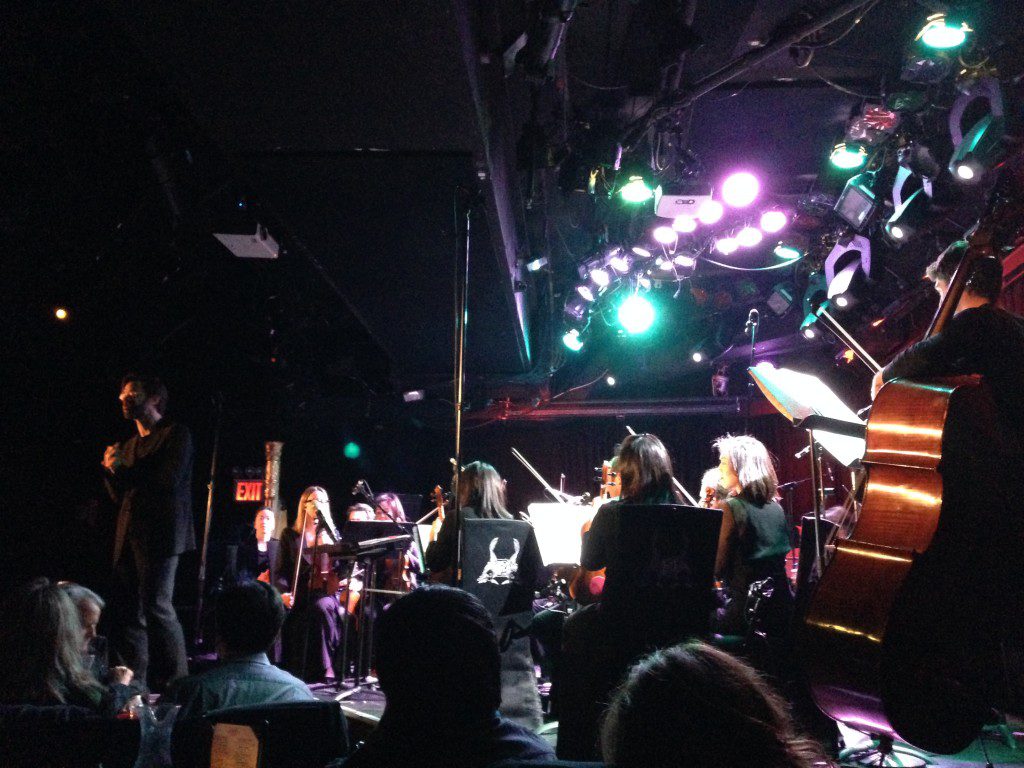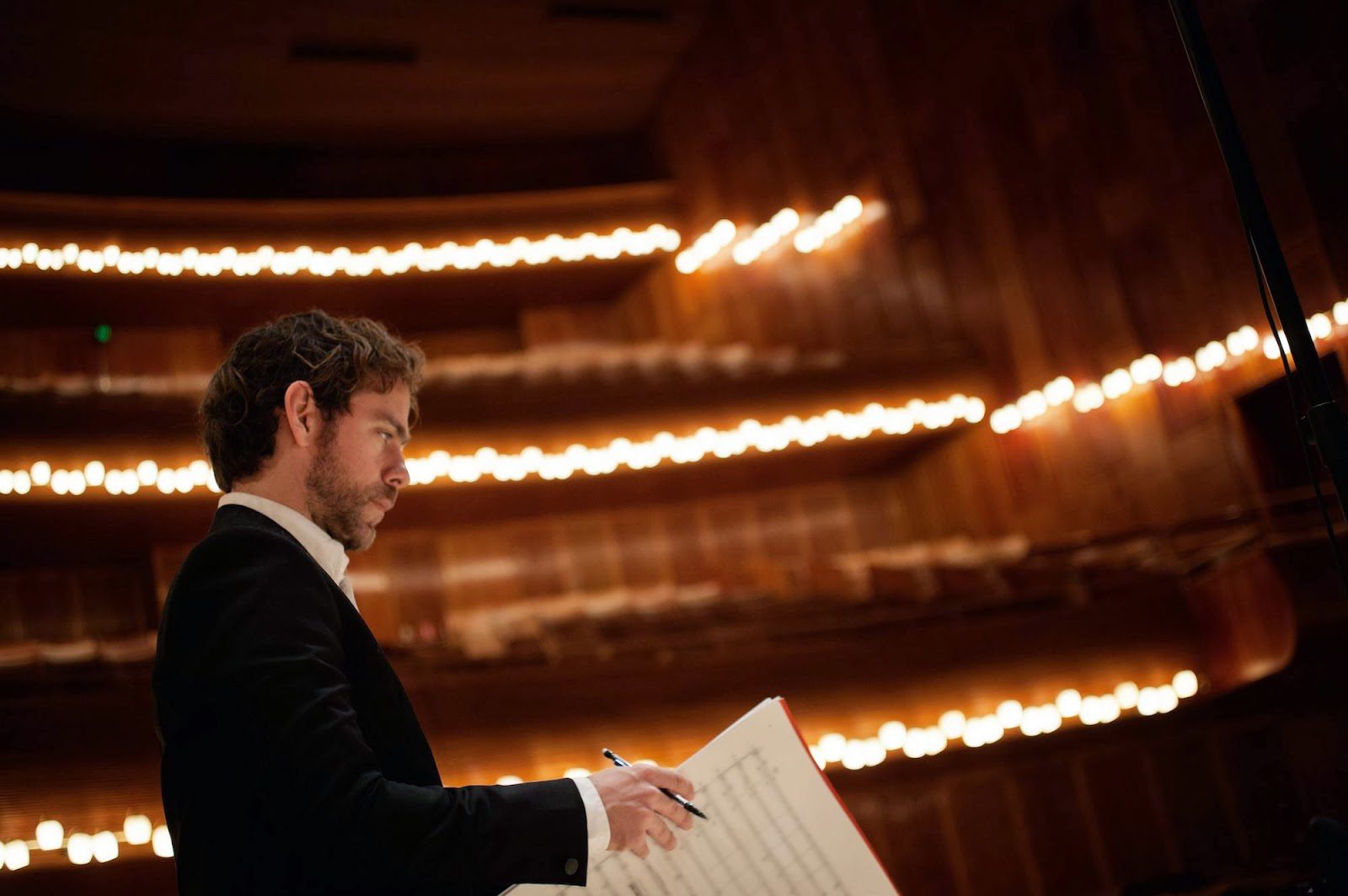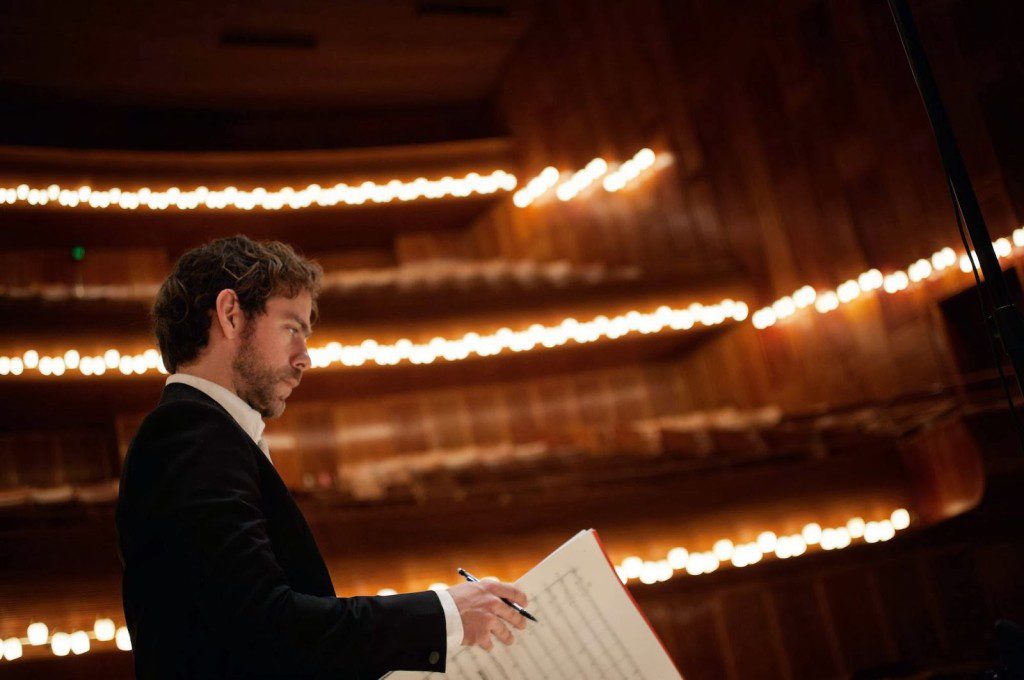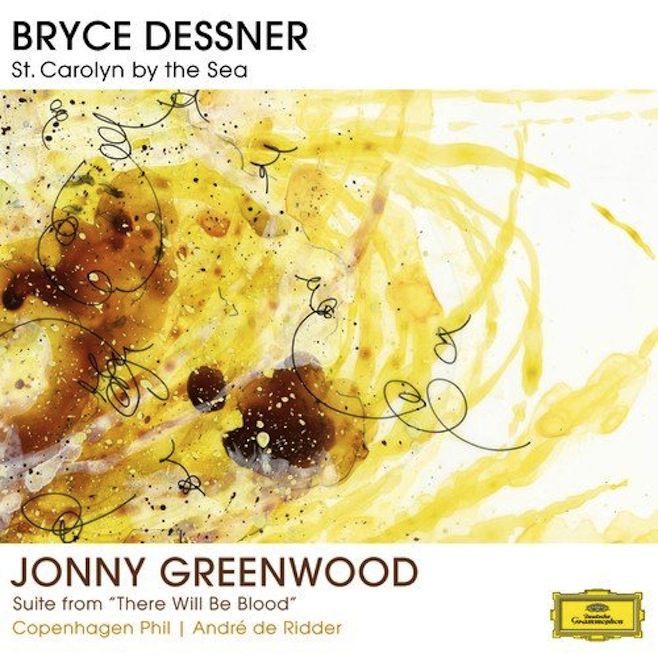ALBUM REVIEW: Radiohead “A Moon Shaped Pool”
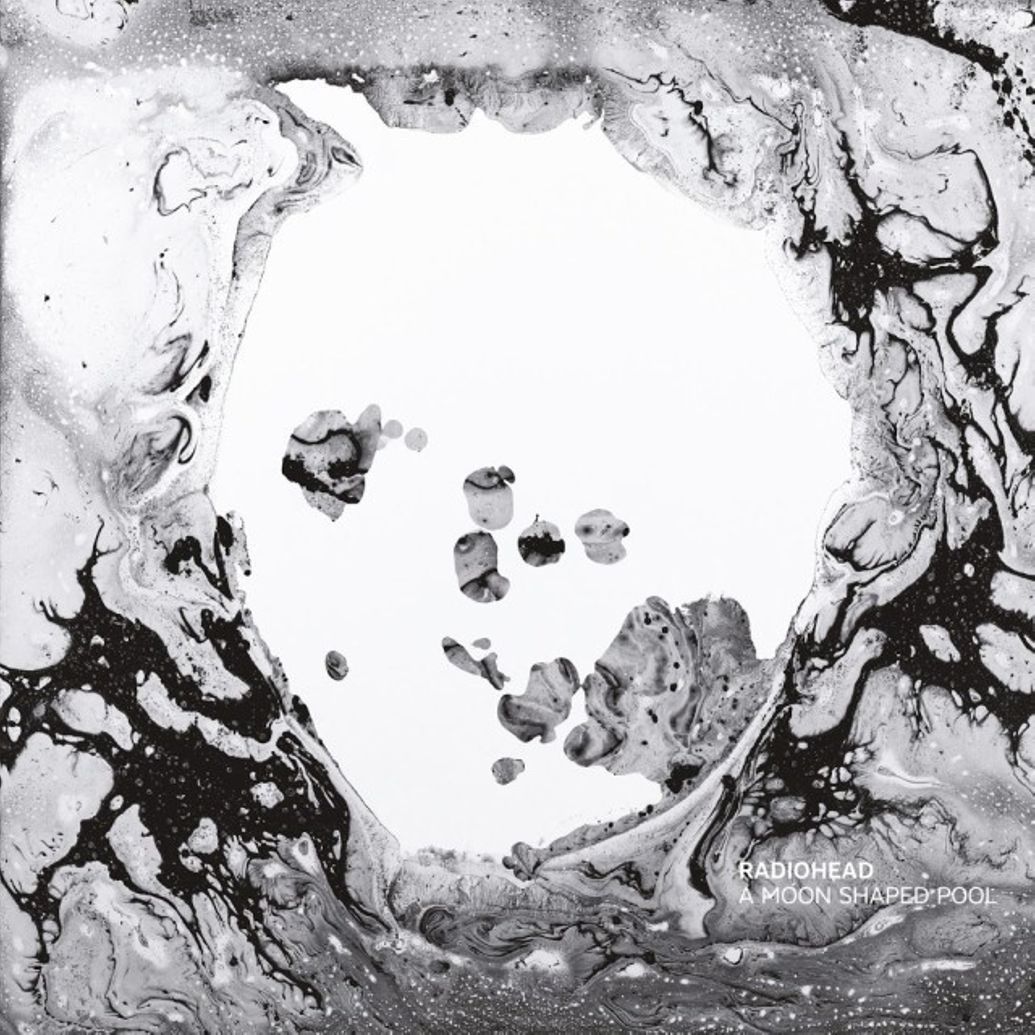
A gorgeously disorientating chasm of black holes and white ones, A Moon Shaped Pool is a deeply personal, impermeable eruption. Radiohead does not depart from their signature marriage of mathematical chaos and dismembered romanticism, rather expand beyond it with a new fragility that elicits life, death, and the endless versions of self trapped between the atmosphere. With their collective angst and existential inquisition still intact, Radiohead’s vulnerability takes magnetic and celestial form with A Moon Shaped Pool: Less voyeuristic, more confessional. Less teeth, more blood. A remarkable testament to the tortured beauty of Thom Yorke’s choral vocal dance paired with Jonny Greenwood’s immaculate collaboration with the London Contemporary Orchestra, their ninth studio album proves that Radiohead has successfully monopolized cohesion. They have not run out of things to say nor ways to say them – and they certainly have not exhausted ways to make us feel something. Arguably the most important collection in their nine album, 24 year career, A Moon Shaped Pool patiently pulls back the skin on love, exposing the very universe Radiohead has prepared us for all along.
The album’s opener, “Burn The Witch” is physically unsettling and darts with operatic anxiety like night rain on a moving windshield. Released just days before the album, “Burn The Witch” feels like an elusive lark in context to the complete picture. For those who assumed “Burn The Witch” would reflect how the rest of the album would sound, you were somewhat wrong. Radiohead, in true Radiohead fashion, gave us a glimpse of the ending and put it at the beginning. “This is a low flying panic attack” Thom Yorke warbles against Jonny Greenwood’s lush, jutting orchestration of strings that stab and sway with equal force. “Burn the witch/we know where you live” preys on Radiohead’s politically charged fears, addressing glaring truths with disarming poetry.
As “Burn the Witch” comes to a heart-racing halt, “Daydreaming” swoops down and induces a different breed of panicked consonance. Its shimmery underwater pulse is dizzying, though never clumsy and Yorke’s ethereal, marble-mouthed vacancy is overflowing with tender exploration. For a song so achingly devoid of hope, “Daydreaming” manages to find a divine spectral beauty that is reserved for sensations as consequential as the loss of love or even the death of a parent. Is it a break-up song? Possibly. Although it feels crude to reduce it to what seems like a tabloid buzz word. “Daydreaming” is a stumbling soundscape of time and vast archives of memory, even moving in reverse repeating the fan-speculated decoding of the lyrics “Half of my life, half of my life.”
It is after these two very different tastes of melancholy that the album swells into what could be a dystopian funeral for 2007’s In Rainbows and the estranged lover of “Codex” off of 2011’s underrated King Of Limbs. “Identikit” feels like the sequel to Kid A‘s “Idioteche” where the “Women and children first” have been absorbed into “Broken hearts/Make it rain” and “Ful Stop” could be an adjacent ocean to Rainbows’ “Weird Fishes/Arpeggi” both with the rapid chit-chit sound of Philip Selway’s drums. But even with these scattered comparisons to their catalog, A Moon Shaped Pool stands completely on its own and very much alone. “Desert Island Disk” finds a unique moment of ethereal twangy mountain folk paired with a crooning Yorke anchored to a matter-of -factness through the lyrics “Different types of love” and “You know what I mean” and taps into feels Neil Young-esque territory. Whereas “The Numbers” follows a slinking, almost seductive trajectory that drifts into “Present tense” a peaceful cry of sand shifting pop. A Moon Shaped Pool’s textural landscape is by no means indecisive rather resonates as not-of-this-world and blushes with a concrete unity.
A stirring conclusion to an emotionally taut album, “True Love Waits” is reincarnated here as a tragically serene plea in which shimmering piano and comet tail strings wrap around Yorke’s crumbling echo. For a song that has been a fan favorite for 20 years, “True Love Waits” finally finds a home with unearthed resolve. With what could be considered Radiohead’s love song (of which, in some ways, there are many, but few have found a direct line to the guttural collapse of having loved the way this song does). “I’m not living/ I’m just killing time” Yorke confesses, surrounded by a disjointed fluttering of keys and an unintelligible rolling static that imitates the distant sound of fire burning. As a final and desperate call to love, he begs “Just don’t leave/ don’t leave” in what could easily be the most delicately bruised version of Radiohead we have ever met. But it is with that plea that we are the ones who are left. A hauntingly resonant exit and acknowledgment of finality, loneliness and longing, “True Love Waits” finds a way to say so much with so little and leaves us traumatized with self reflection. A Moon Shaped Pool is a beautifully perilous journey, and even up until the very last whisper we are painfully reminded that some things are worth the wait.
Watch the Paul Thomas Anderson directed video for Daydreaming below:
[fusion_builder_container hundred_percent=”yes” overflow=”visible”][fusion_builder_row][fusion_builder_column type=”1_1″ background_position=”left top” background_color=”” border_size=”” border_color=”” border_style=”solid” spacing=”yes” background_image=”” background_repeat=”no-repeat” padding=”” margin_top=”0px” margin_bottom=”0px” class=”” id=”” animation_type=”” animation_speed=”0.3″ animation_direction=”left” hide_on_mobile=”no” center_content=”no” min_height=”none”]
[/fusion_builder_column][/fusion_builder_row][/fusion_builder_container]


